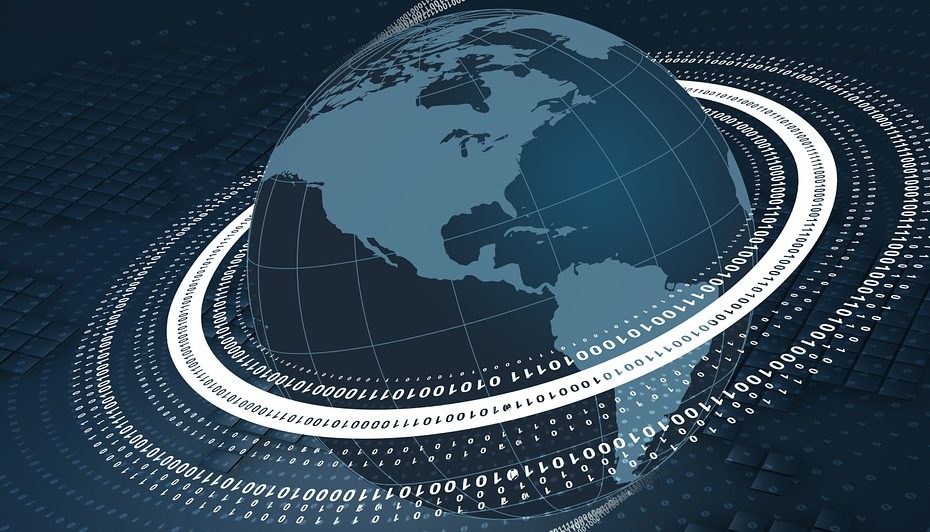As one of the pioneers of social media search by location software, Geofeedia helped usher in a new age of law enforcement surveillance. The platform scrutinises social media posts by geographic location, allowing users to identify emerging geo-specific social media trends in real-time. Geofeedia’s technology also has the ability to search social media posts based on specific keywords and individuals. Geofeedia provides law enforcement with access to vast amounts of information, whilst subjecting them to little oversight. Absent the procedural checks and balances accessing such information usually requires, police are able to invade individual privacy unencumbered.
Geofeedia actively pursued contracts with law enforcement, sending emails advertising the platform’s ability to enable officers to “stay one step ahead of rioters”. Geofeedia’s marketing material described “unions” and “activist groups” as “overt threats”, and boasted about the “great success” of its coverage of Black Lives Matter protests over the killing of Mike Brown.“ The advertising worked, with Geofeedia signing contracts with the Austin Police Department, Oakland Police Department, and San Diego Police Department, amongst others.
The potency of Geofeedia’s technology was made apparent during the Freddie Grey protests of 2015, when the Baltimore police used Geofeedia’s technology to directly target protestors. Police officers were able to “run social media photos through facial recognition technology, in order to discover rioters with outstanding warrants and arrest them directly from the crowd of protesters.” Baltimore’s own Detective Sergeant Andrew Vaccaro described Geofeedia’s vital role in the police department’s ability to quash protests. In Baltimore the ability of Geofeedia’s technology to directly enable police misconduct was undeniable, with the platform exposing individuals to further harm at the hands of the police.
The ACLU’s 2016 report on Geofeedia’s role in facilitating police surveillance prompted Facebook (including Instagram) and Twitter to make changes to the data Geofeedia had access to. Since then Geofeedia reportedly laid off half its workforce, and its twitter account has gone dark. But in many ways the response of Facebook and Twitter came too late: Geofeedia had already proven the utility of large scale social media surveillance in the smothering of protest.
For being an architect of the police gaze
@Geofeedia wherever you are: No Tech For U
